From Berlinale to Venice Biennale, boycott calls against Israel grow louder
By Reza Javadi
From political corridors to economic chambers, film festivals to art fairs, street rallies to cultural symposiums, calls for the boycott of the Israeli regime are growing louder and wider.
Recently, more than 12,000 individuals, including artists, curators, and museum directors, endorsed an online appeal that called for Israel’s exclusion from this year's Venice Biennale art fair over the ongoing genocide in the besieged Gaza Strip.
"Any official representation of Israel on the international cultural stage is an endorsement of its policies and of the genocide in Gaza," read an online statement by the Art Not Genocide Alliance (ANGA), the collective organizing the appeal. "The Biennale is platforming a genocidal apartheid state."
The global artists criticized the Biennale for being “silent about Israel’s atrocities against Palestinians.”
“We are appalled by this double standard,” ANGA said in its online letter signed by more than 12,500 people as of Tuesday.
ANGA joined the growing campaign that has denounced the Israeli regime over its relentless aggression on Gaza, killing more than 30,000 people in less than five months, most of them children.
The international collective of artists and cultural workers noted that the Venice Biennale previously banned South Africa over its apartheid policy of white minority rule, and pointed to the fact that leading human rights groups today deem Israel’s illegal occupation of Palestine “a cruel system of apartheid and a crime against humanity”.
Signatories included Palestine Museum US director Faisal Saleh, US-based photographer Nan Goldin and British visual artist Jesse Darling, who won last year’s Turner Prize.
ANGA has consistently voiced support for Palestinians and condemned Israeli crimes against Palestinians, including the suppression of Palestinian poets, artists, and writers, citing actions such as imprisonment, torture, and travel restrictions imposed by the Israeli regime.
It characterized the Israeli regime's actions as a "cultural genocide" and questioned the acceptability of showcasing art from a regime involved in horrendous crimes against Palestinians.
“There is no free expression for the Palestinian poets, artists, and writers murdered, silenced, imprisoned, tortured, and prevented from traveling abroad or internally by Israel. There is no free expression in the Palestinian theatres and literary festivals shut down by Israel,” the collective said.
“There is no free expression in the museums, archives, publications, libraries, universities, schools, and homes of Gaza bombed to rubble by Israel. There is no free expression in the war crime of cultural genocide,” it hastened to add.
Known as the "Olympics of the art world," the Venice Biennale is a key event in the international arts calendar. This year's edition, themed "Foreigners Everywhere," is set to host pavilions from 90 countries between April 20, 2024 and November 24, 2024.
The shadow of the Israeli genocide in Gaza has fallen on the global art fraternity as well since October 7. Many awards have faced scrutiny, speakers have been snubbed, and staff members at various publications and venues have protested against their employers' positions on the Gaza genocide.
Rising calls for Israeli boycott
Petitions from several countries such as Finland, Iceland, and Sweden have in recent weeks advocated for Israel's exclusion from the Eurovision Song Contest.
One petition, with over 8300 signatures, emphasized the need for peace and contended that those not actively pursuing peace should be excluded from a celebration of diversity like Eurovision.
“All of us deserve peace. Those who are not acting to achieve peace should not be included in a celebration of diversity such as Eurovision!” the petition said, calling on the festival authorities to exclude the Tel Aviv regime from the international contest.
“Innocent Palestinian men, women and children are losing their lives daily under a false narrative that labels all Arabs as terrorists, deserving of death or worse. This is not just an issue of politics; it's an issue of humanity,” the petition read.
Referring to the ongoing carnage in Gaza, the petition deemed the inclusion of the regime in Eurovision “contradictory” to its values of diversity, unity, and cultural exchange.
The petition which has gathered over 8300 signatures so far, also referred to the exclusion of Russia.
The European Broadcasting Union (EBU) rejected two songs submitted by Israel for being "too political”, with over 1,000 Swedish recording artists urging the EBU to exclude Israel from the event.
Calls for boycotting Israel from Germany’s cultural events
Initiated in January, 'Strike Germany' sees thousands of anonymous artists calling on filmmakers, musicians, writers, and artists to withdraw from cultural events in Germany, including the Berlinale International Film Festival.
The initiative states that state-supported cultural events in Germany prevent criticism of the Israeli regime, calling for a rejection of McCarthyist policies suppressing freedom of expression.
"It is a call to refuse German cultural institutions' use of McCarthyist policies that suppress freedom of expression, specifically expressions of solidarity with Palestine," the organizers said in a statement.
With 1,600 artists, including Nobel Prize winner Annie Ernaux, endorsing 'Strike Germany,' Berlin's CTM music festival recently witnessed several artists withdrawing in solidarity with the initiative.
On the other hand, a Palestinian documentary film won two major prizes at the Berlin Film Festival, showcasing how the art world is finally waking up to the reality of the Israeli occupation.
No Other Land, a documentary directed by Palestinian activist Basel Adra and Yuval Abraham, received praise and appreciation at the Berlinale International Film Festival, clinching two major prizes.
The film depicts the forced expulsion of Palestinian villagers from Masafer Yatta in the occupied West Bank, with the Berlinale jury praising it for revealing the "inhumane, ignorant policies” of Israel.
Abraham, in his acceptance speech, spoke about the plight of Palestinians, emphasizing the apartheid-like conditions enforced by the Israeli regime in the occupied territories.
“We are standing in front of you now, me and Basel are the same age. I am Israeli; Basel is Palestinian. And in two days we will go back to a land where we are not equal,” Abraham was quoted as saying.
“I am living under a civilian law and Basel is under military law…I’m free to move where I want in this land. Basel is, like millions of Palestinians, locked in the occupied West Bank.”
Adra denounced what he said was Israel’s “massacre” of Palestinians and Germany’s arms sales to Israel.
The screening of "No Other Land" saw protesters chanting "From the river to the sea, Palestine must be free." Some protesters displayed "Free Gaza" signs at the opening gala. On February 18, protesters unveiled a banner at the European Film Market, stating, "Lights, Camera, Genocide."
During the closing event, artists, including American filmmaker Eliza Hittman, condemned the genocide.
“There is no just war, and the more people try to convince themselves there’s a just war, the more they commit a grotesque act of self-deception,” she was quoted as saying.
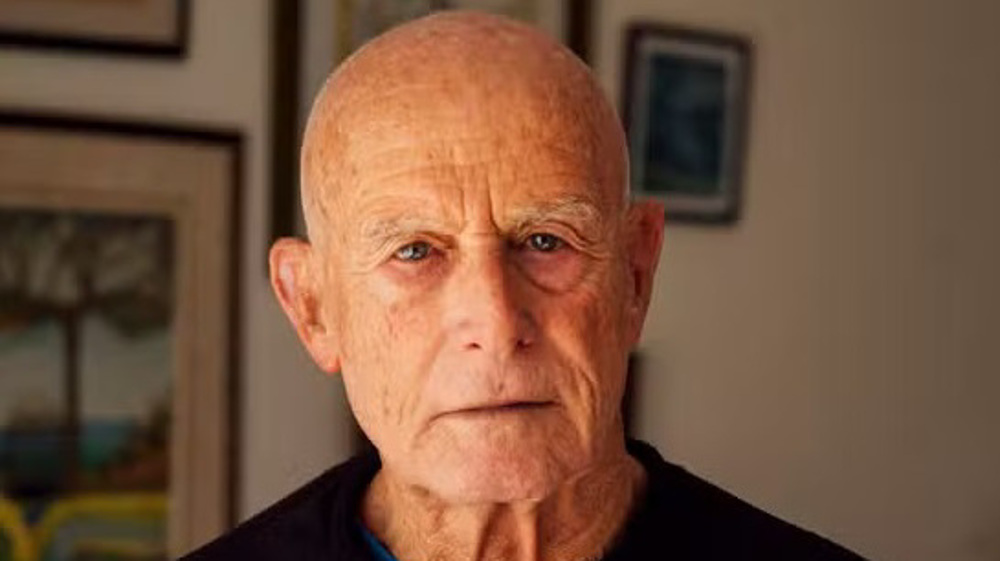
Ex-spy chief urges ‘revolt’ against Israeli regime; says Tel Aviv must be ‘stopped’
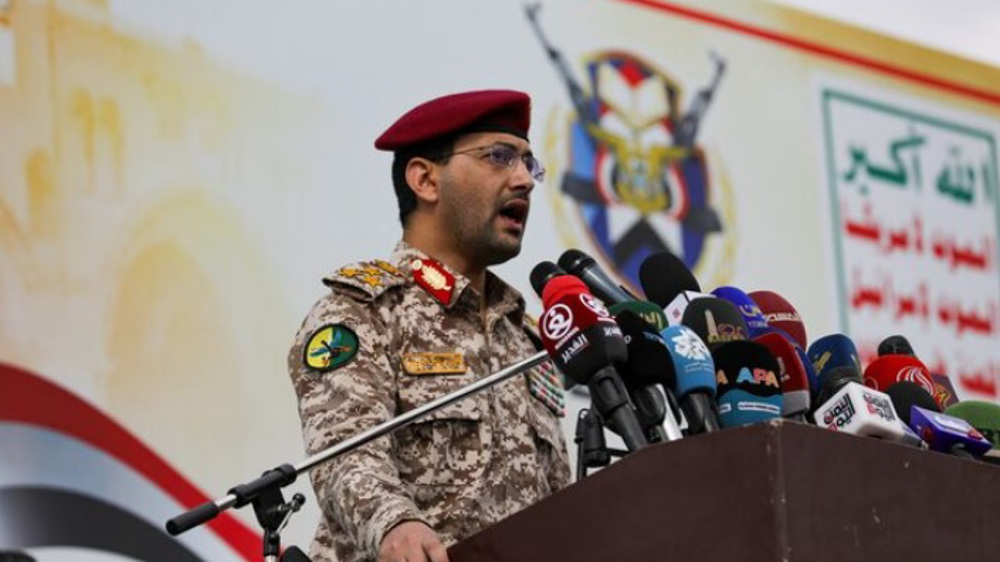
Yemini forces say they launched attacks on Israeli sites, US warships
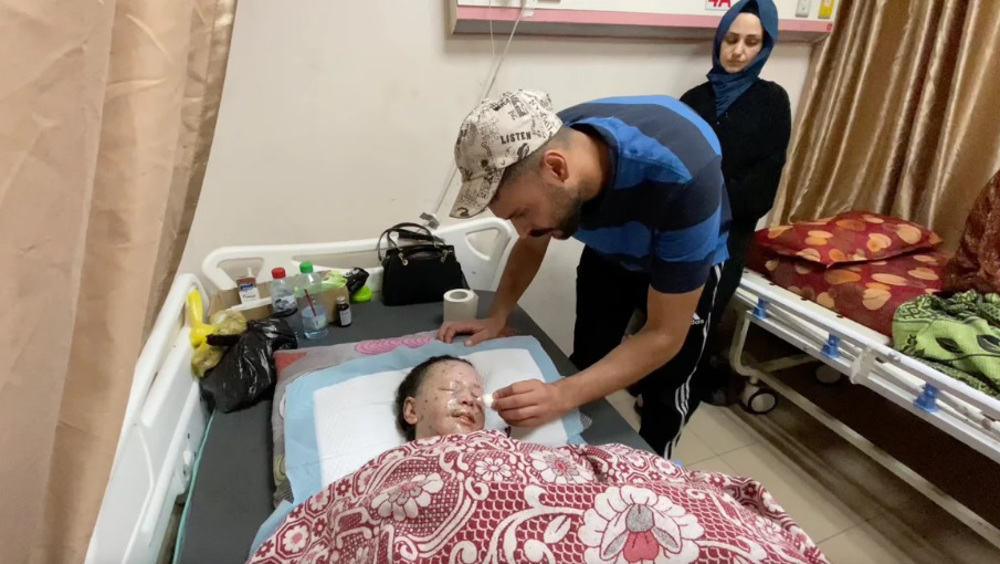
MSF: 70% of burn victims in Gaza are children, little chance of recovery
Ex-spy chief urges ‘revolt’ against Israeli regime; says Tel Aviv must be ‘stopped’
VIDEO | Press TV's news headlines
VIDEO | Paris hosts ‘end famine’ rally in support of Gaza
Global reactions, offers of assistance pour in after huge deadly explosion in S Iran
Iran pres. stresses collective, effective fight against terrorism in calls with India, Pakistan PMs
VIDEO | Iran-US indirect talks
Iran declares holiday in Bandar Abbas port as fire still raging
VIDEO | NY protesters demand end to genocide on Global Day for Gaza


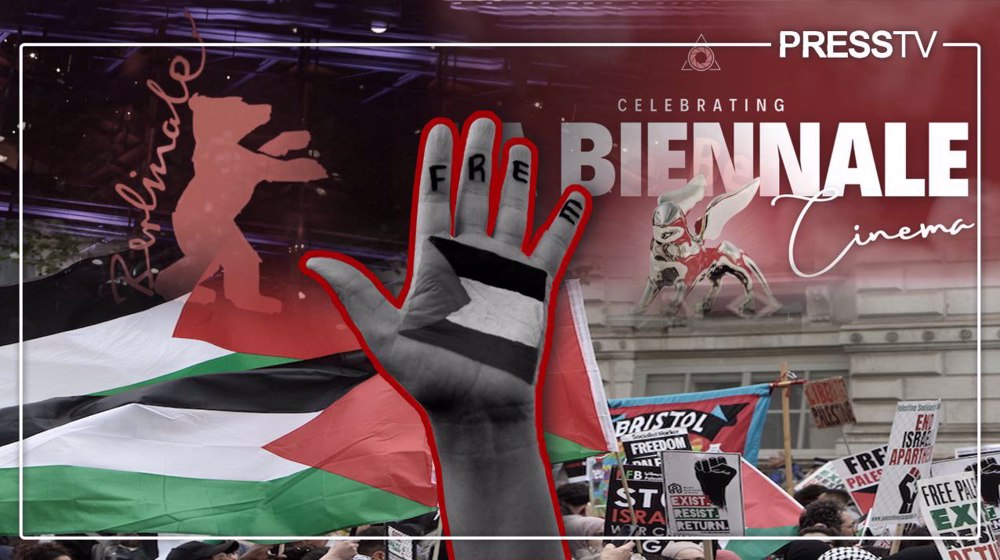
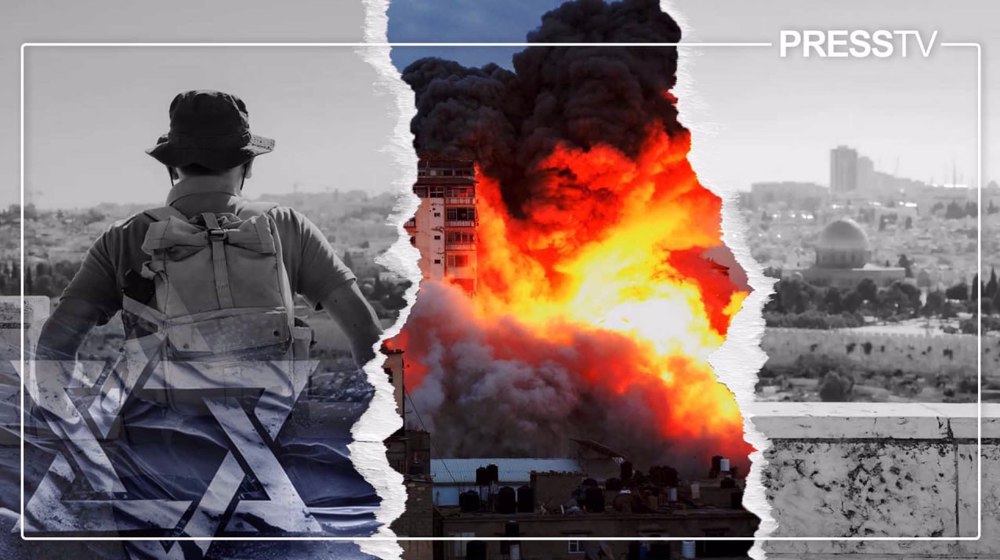
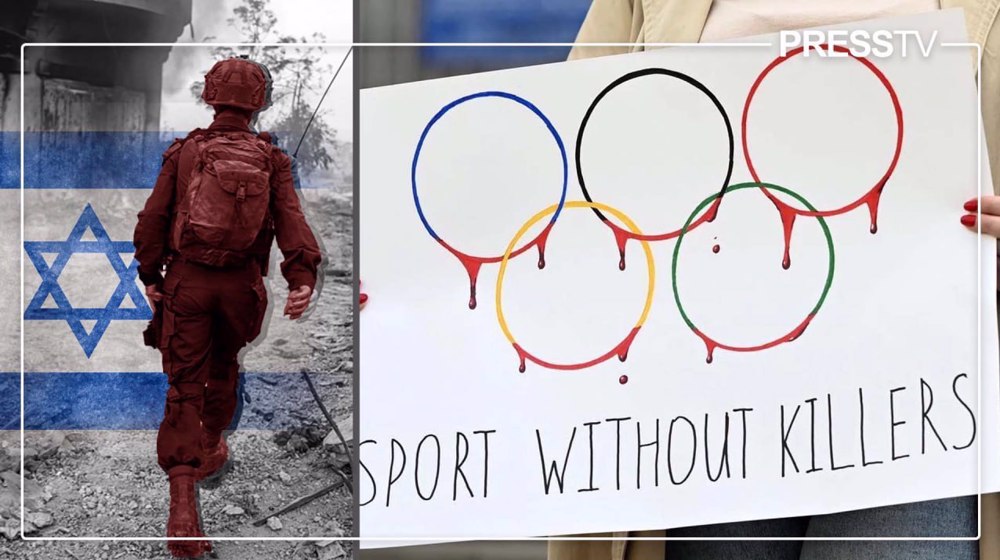



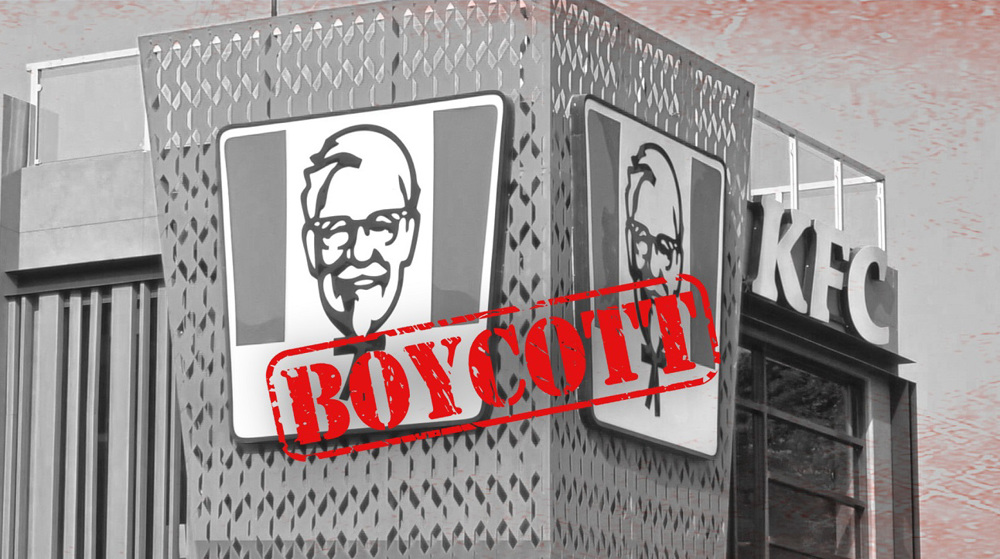
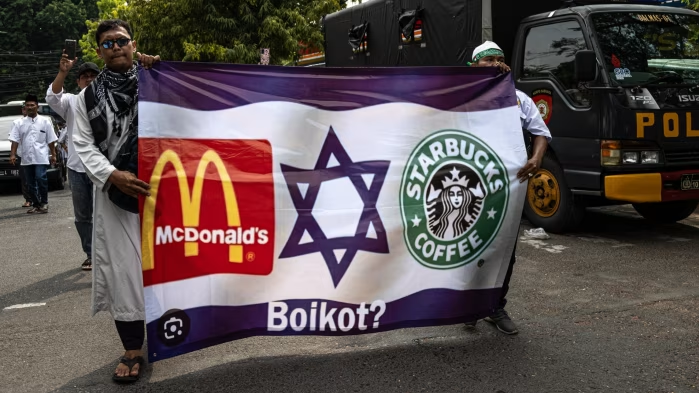
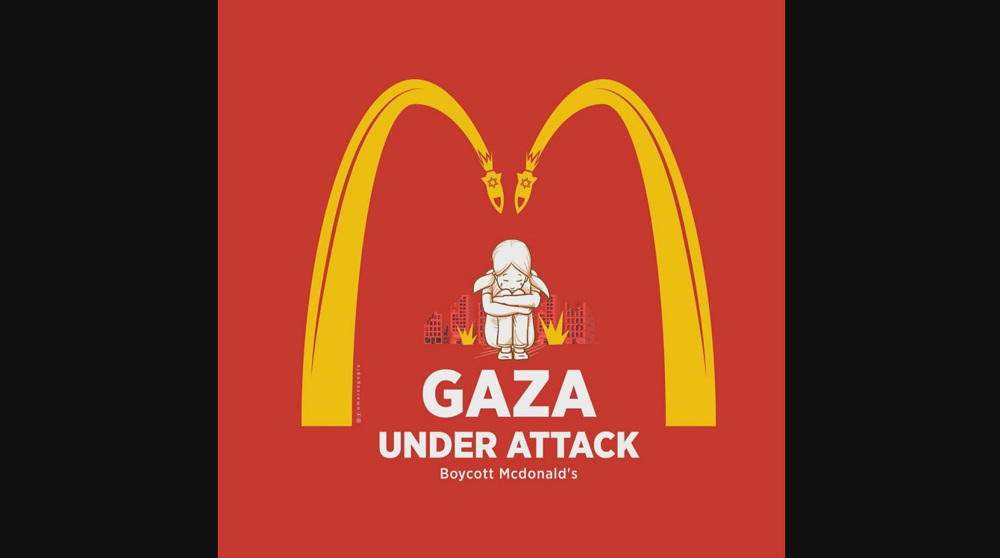
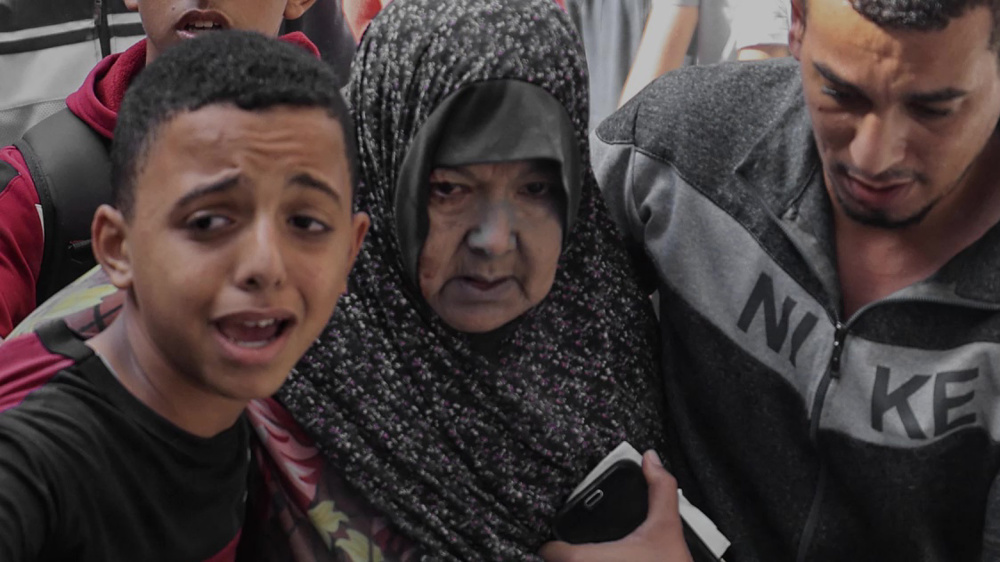
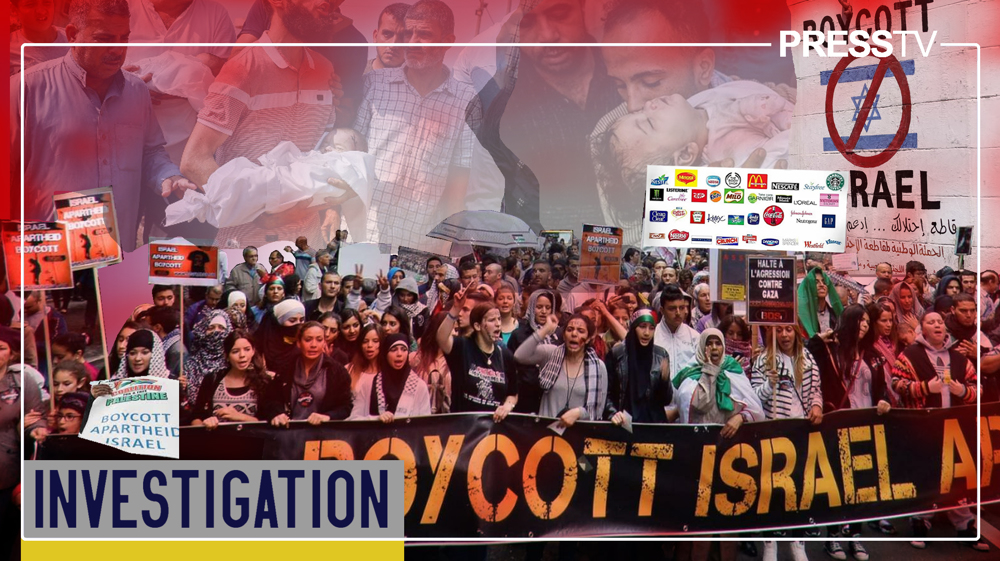

 This makes it easy to access the Press TV website
This makes it easy to access the Press TV website